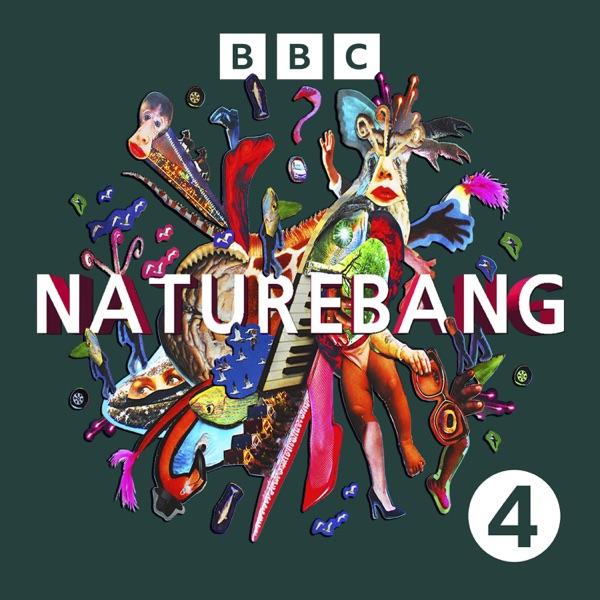
Becky Ripley and Emily Knight make sense of what it means to be human by looking to the natural world... Science meets storytelling with a philosophical twist.
Becky Ripley and Emily Knight make sense of what it means to be human by looking to the natural world... Science meets storytelling with a philosophical twist.

Becky Ripley and Emily Knight look to the giggles and guffaws of the animal kingdom to ask where human laughter has come from.
At least 65 species have been identified as making 'play vocalisations', a sort of animal version of laughter, according to a recent UCLA paper studying animals at play. Rats giggle in ultrasound, elephants have a play-specific trumpet, and kia parrots cackle from the treetops. These sounds are auditory cues that have come from breathing during play, and they signal to fellow playmates that their rough-and-tumble is in jest.
But us humans have taken laughing to new levels. Our laughter has evolved from a play-specific vocalisation into a highly sophisticated tool of communication, sometimes spontaneous, other times performed. It is a powerful spell that affects our brains and bodies, playing so many important roles in our close relationships and wider social networks. And the best thing about it: it’s good for you.
Featuring biological anthropologist Sasha Winkler, co-author of the UCLA paper 'Play vocalisations and human laughter: a comparative review' (2021), and Professor Sophie Scott, Director of the Institute for Cognitive Neuroscience at UCL. Produced and presented by Emily Knight and Becky Ripley.
Animal recording credits: The chimpanzee laughter clip is courtesy of Dr. Robert Provine. The rat clip (slowed down so that our ears can detect the ultrasound) is courtesy of Dr. Jaak Panksepp. The kea parrot play vocalisation is from Schwing et al. (2017)